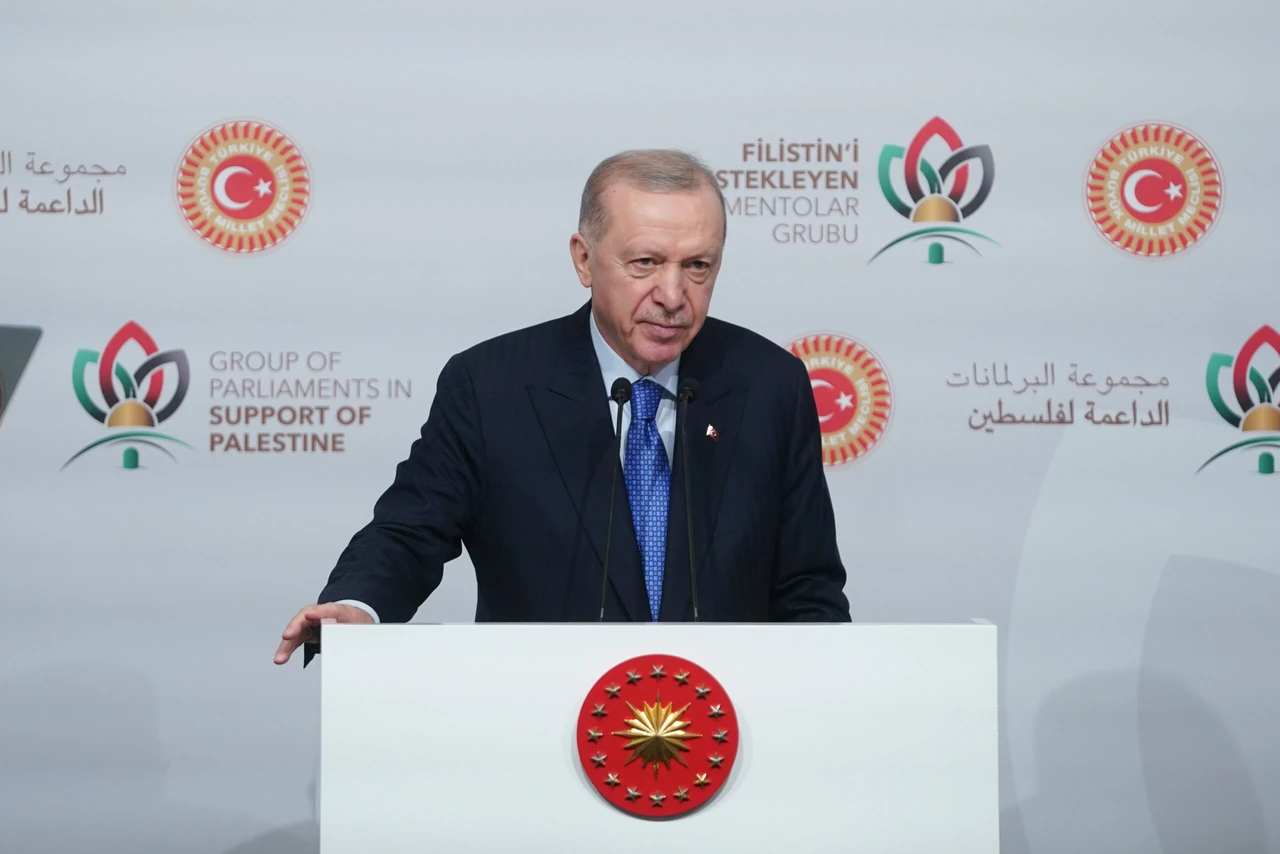Greek media reacts to Türkiye’s criticism of Aegean marine parks

Greek officials defend marine park initiatives as crucial for biodiversity, refusing Turkish claims that see these efforts as strategic maneuvers affecting sensitive maritime boundaries
As the geopolitical tensions between Greece and Türkiye continue to escalate over the declaration of new marine parks in the Aegean and Ionian Seas, the Greek media and politicians have expressed strong reactions to Türkiye’s criticism.
The Greek government, asserting its stance, defends these environmental initiatives as critical steps in preserving marine biodiversity, rooted in international legal standards and environmental conservation principles.
In the wake of Türkiye’s assertions that Greece is exploiting environmental issues for geopolitical gains, Greek officials maintain that the creation of these parks is a necessary environmental action.
Türkiye’s criticism of Aegean marine parks
Türkiye has raised valid concerns that these environmental initiatives could potentially be used to assert Greek sovereignty over disputed territories, complicating the already sensitive maritime boundaries in the region.
Türkiye perceives these actions as part of Greece’s broader strategy to extend its territorial claims under the guise of environmental conservation.
Retired Rear Admiral Cihat Yayci has pointed out that such maneuvers could alter the status quo in the Aegean Sea, leading to significant geopolitical implications.
Yayci’s analysis suggests that these marine parks might not merely be about conservation but could also serve as strategic tools for national boundary expansion, reinforcing the need for cautious diplomatic engagement from all involved parties.
This adds an important dimension to understanding the full scope of Türkiye’s response and reflects the complexity of environmental policy intertwined with geopolitical interests in the Aegean region.
Greek officials respond to Türkiye’s criticism of Aegean marine parks
The Greek Foreign Ministry emphasized that “the universal challenge of protecting the environment should sensitize governments, not be used to create impressions,” suggesting that environmental protection should transcend political disputes.
Greek media outlets have portrayed Türkiye’s critical stance as an attempt to politicize an environmental initiative, suggesting that Türkiye is leveraging this issue to further its territorial claims.
Public and political response in Greece has been one of unified support for the government’s environmental policies, viewing Türkiye’s reactions as disproportionate and indicative of its broader geopolitical ambitions.
This perspective is highlighted by statements from Greek Defense Minister Nikos Dendias, who articulated the government’s firm position on not discussing the demilitarization of islands in light of Türkiye’s stance, including the controversial casus belli and the Turkish-Libyan memorandum.
Greece believes Türkiye is challenging its sovereignty
The sentiment in Greece is one of frustration over Türkiye’s accusations, with a prevailing view that Türkiye is using environmental initiatives as a pretext to challenge Greek sovereignty.
Greek politicians and media continue to advocate for dialogue and legal resolution of disputes but remain steadfast in their commitment to national sovereignty and environmental stewardship.
The upcoming “Our Ocean Conference” in Athens will serve as a significant platform for Greece to showcase its environmental commitments on an international stage, despite the geopolitical challenges posed by Türkiye’s stance.
As the situation unfolds, both countries remain at a critical juncture where the balance between environmental initiatives and regional stability will be closely scrutinized by the international community. The dialogue between Greece and Türkiye, set against the backdrop of these marine parks, is likely to shape the future dynamics of Eastern Mediterranean politics.



